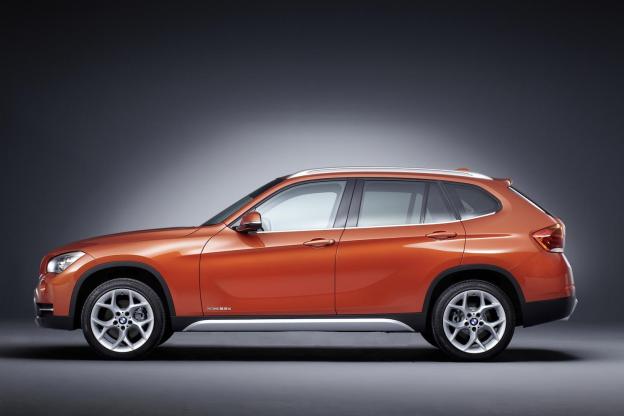
Would you buy a front-wheel drive BMW?
It’s a question that BMW itself is wondering about its American buyers. The rear-wheel drive performance-obsessed brand long considered front-wheel drive unthinkable and vastly inferior to rear and all-wheel drive.
Now, its other German rivals, namely Mercedes-Benz, has several entry-level front-wheel drive vehicles planned for the U.S. market. BMW has to re-think its drive axle positioning if it wants to remain the number-one luxury brand in the States.
In a recent interview with Automotive News, BMW’s U.S. chief Ludwig Willisch said: “There are customers that want a car that is good looking and has more versatility. You can fold the seats down for cargo and drive with five people. A concept that has a drivetrain with front-wheel drive is much more helpful as far as interior space than one where you have the engine in the front and the rear axle is driven.”
Bimmer fans had hoped BMW wouldn’t have to resort to front-wheel drive to compete with the new Mercedes CLA. But if buyers are willing to plunk down big money for a German luxury crossover with utility at its core, instead of ultimate driving performance, it seems that’s exactly what the brand will give them.
In the same interview, Willisch was asked how long it would take for BMW to offer diesel across its American vehicle range. “Three years,” he said.
So if you’re the type of buyer who wants a spacious, fuel-efficient luxury crossover that also has the BMW badge on it and you don’t particularly care about driving dynamics, you won’t, apparently, have to wait long.


